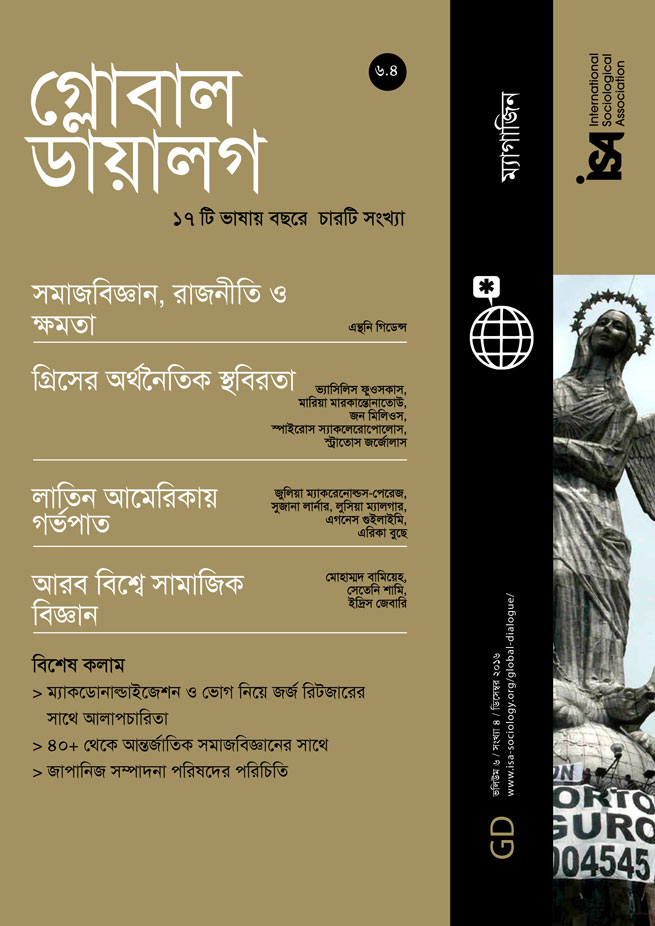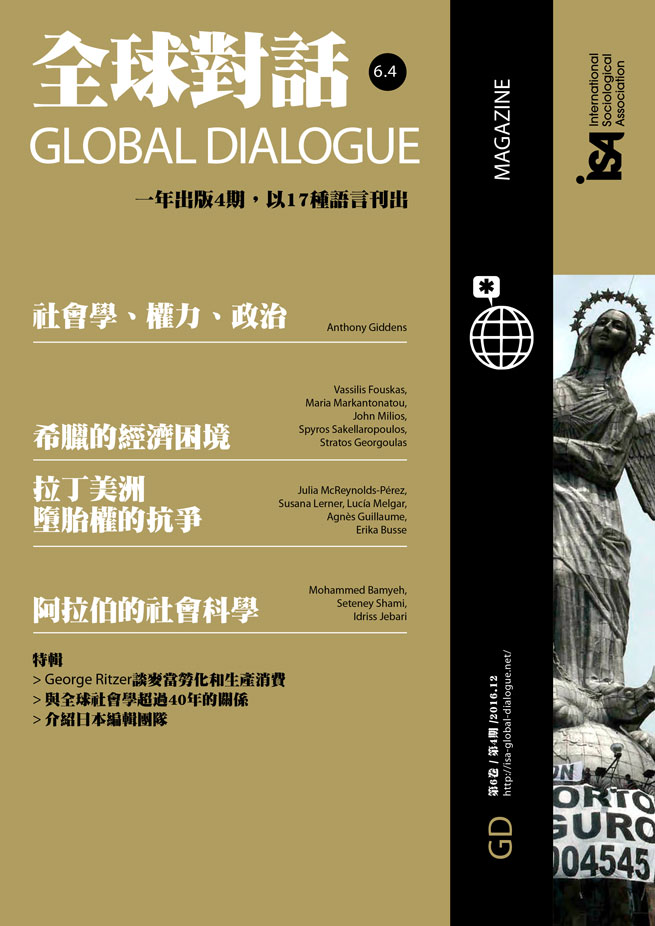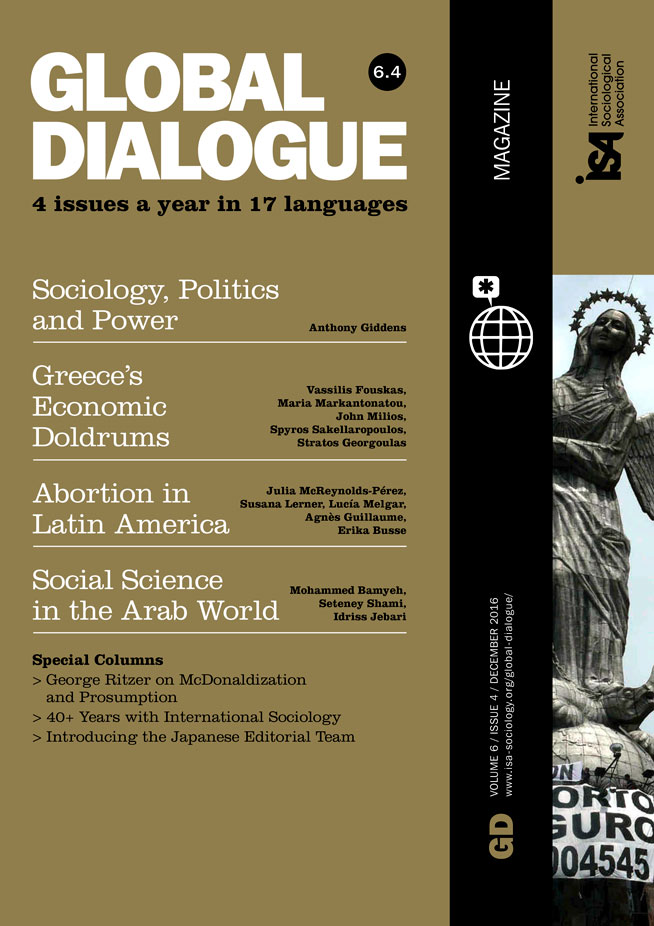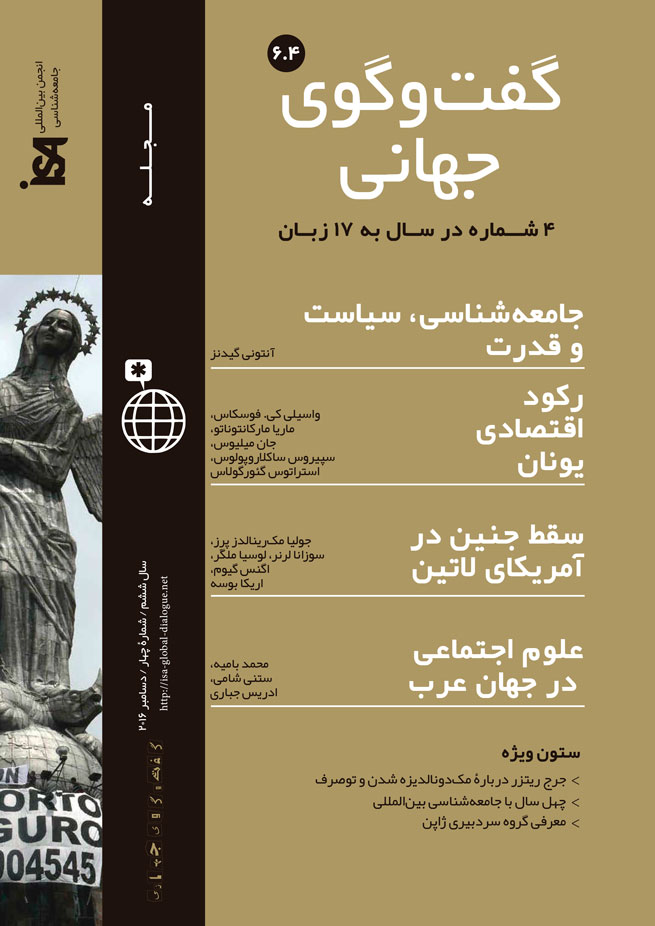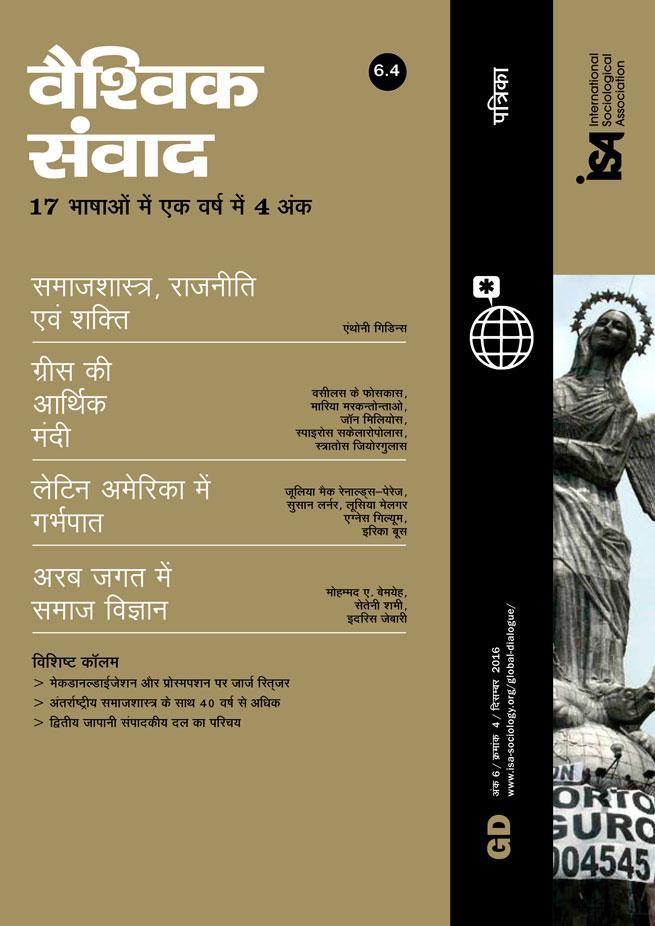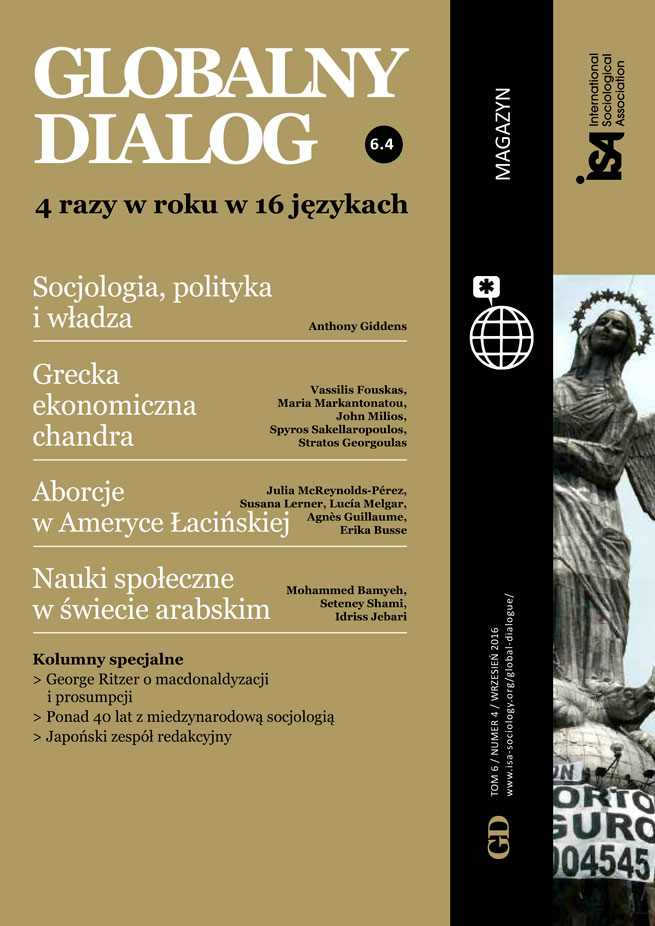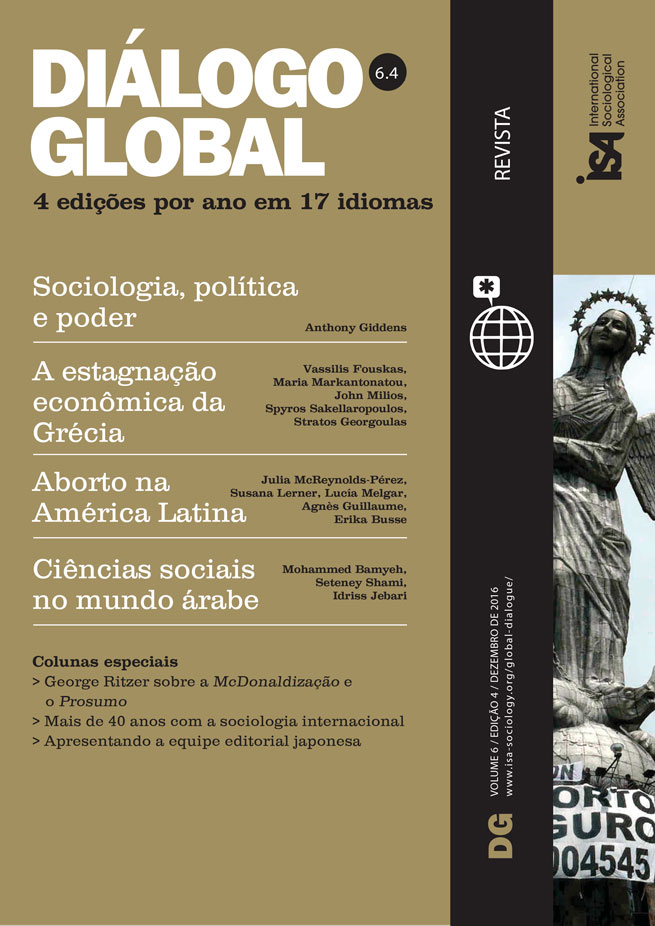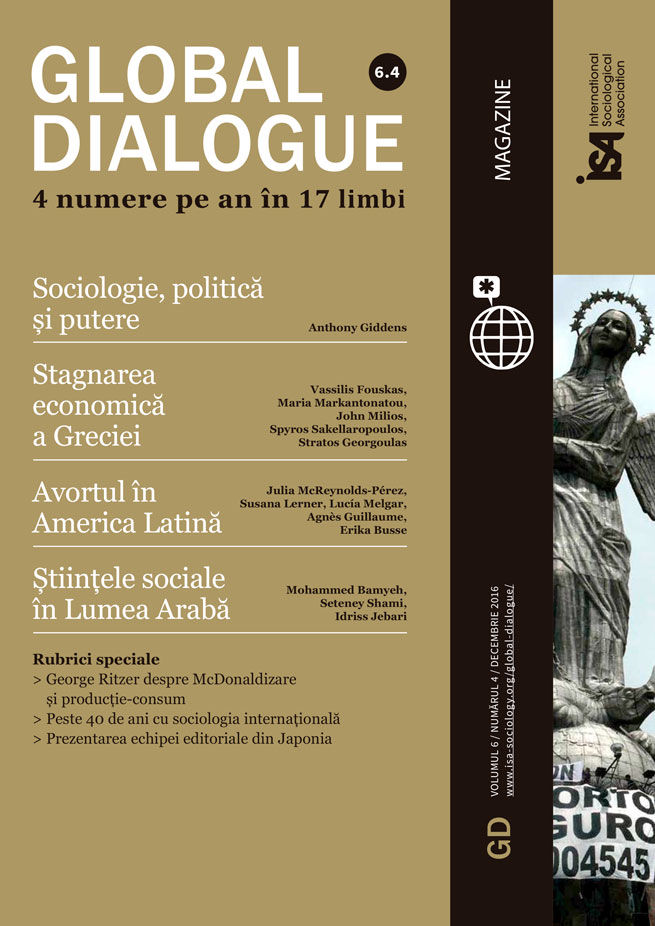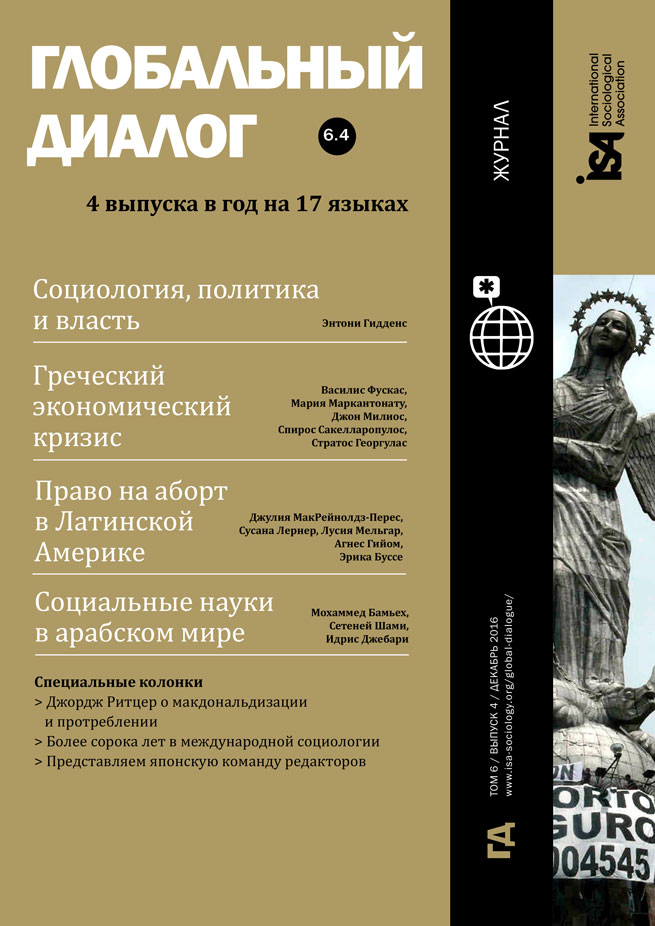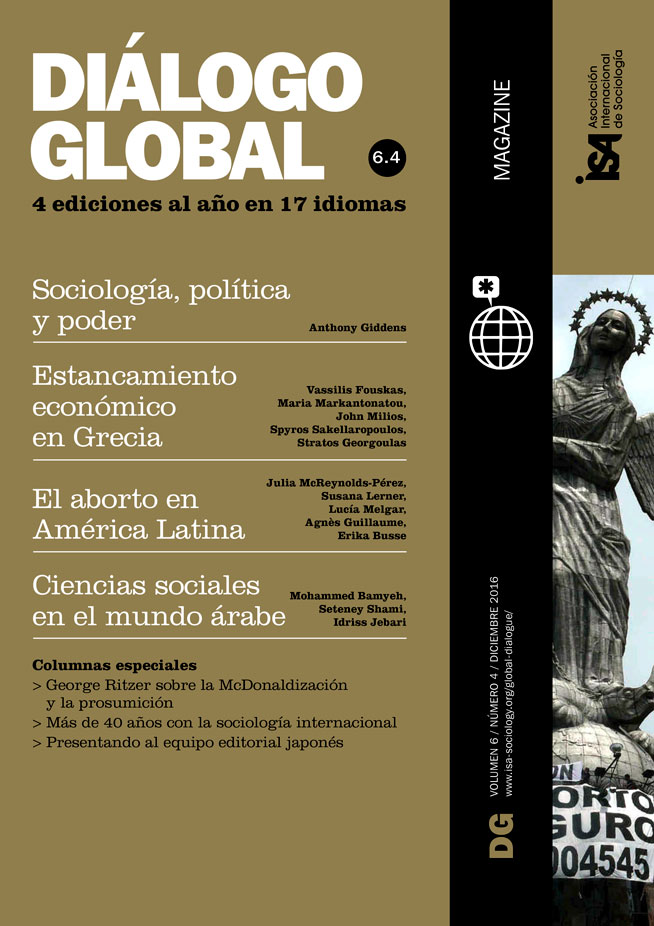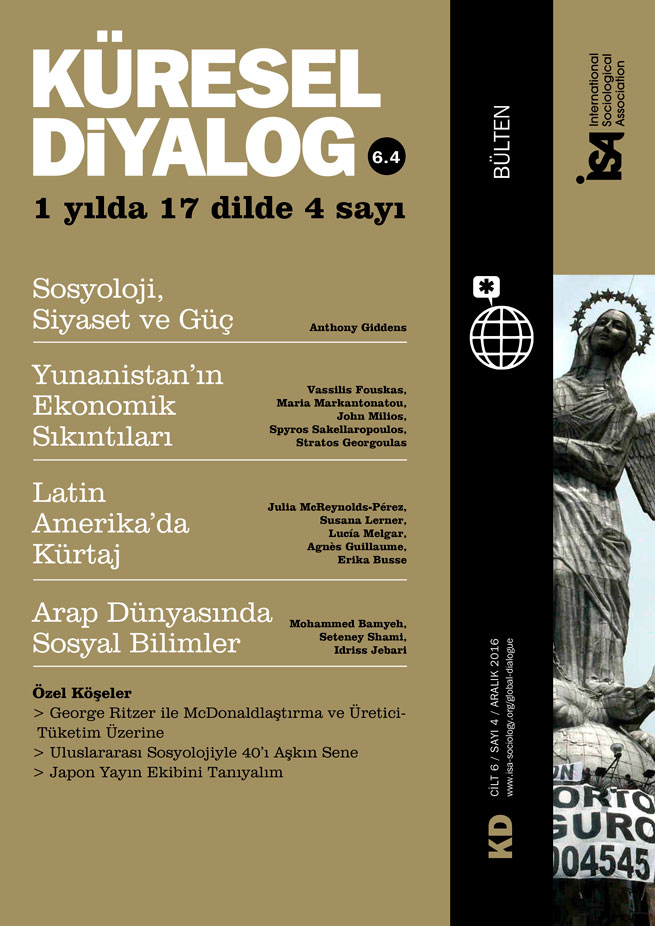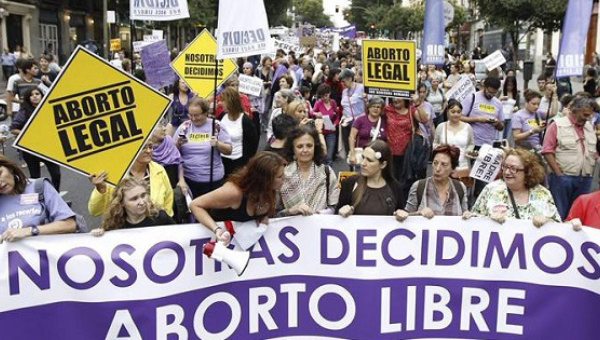Read more about Abortion Politics in Latin America
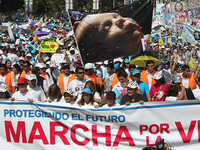
Abortion as Violence: A Peruvian Struggle
by Erika Busse
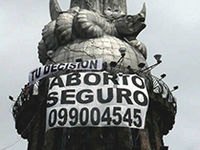
Argentina’s Abortion Activism in the Age of Misoprostol
by Julia McReynolds-Pérez
December 02, 2016
In 2007, Mexico’s Federal District (Distrito Federal, recently renamed Mexico City) legalized abortion in the first twelve weeks of pregnancy – a victory for civil society, which had been fighting since the 1990s to give women the right to choose. In most of Mexico, however, restrictions on abortion have been tightened.
Since 2008, new legal and constitutional reforms seeking to “protect life from the moment of conception” have been passed in eighteen of Mexico’s states, most recently in Veracruz in July 2016. What drives these so-called reforms, and with what implications?
The debates and main actors involved in Mexico’s abortion discussion must be understood within the broader context of population politics. Since the 1970s, the Mexican government has promoted family planning programs and other programmatic initiatives to reduce fertility rates, offering women various options to control family size, and to improve family health, life, and wellbeing. In spite of its success in reducing its population growth rate, in the absence of broader social and economic policies to support these efforts, the material conditions of the population did not improve.
In the 1990s, national policy shifted to “focus on reproductive health,” after the Mexican government reaffirmed the Program of Action of the 1994 International Conference on Population and Development. This agreement, signed in Cairo, prioritizes sexual and reproductive rights, arguing that abortion practiced under inadequate conditions constitutes an important public health problem, calling on signatory states to allow women access to safe abortions – including the removal of legal obstacles and the loosening of anti-abortion laws.
Over the past twenty years, feminists and academics have pushed Mexico’s Federal District to legalize abortion, culminating in Mexico City’s moderate and gradualist reform. In 2007, the local legislature of the Distrito Federal voted to allow abortion through the twelfth week of pregnancy (although, except in some specific situations, abortion remains illegal through the later trimesters of pregnancy). Importantly, by defining pregnancy as “the part of the process of human reproduction beginning with the implantation of the embryo in the endometrium,” the Distrito Federal’s reform avoids any discussion of when and whether human life begins. Under the 2007 law, doctors may refuse to perform abortions as “conscientious objectors,” but by law, health institutions must include doctors who are not objectors on their staff. Liberal parties, including the ruling PRI, voted in favor, while the right-wing PAN voted against.
By compelling public health services that fall under the City’s exclusive authority to offer free and safe abortion services, the law guarantees access for all women to the legal termination of pregnancy. Importantly, the law allows pregnant women freedom to decide what to do: women may continue a pregnancy, give the child up for adoption, or terminate the pregnancy, once informed consent is signed. Further, they are guaranteed access to contraceptive methods to prevent additional unplanned pregnancies (and thus, to avoid subsequent abortions).
Thus, Mexico City’s reform frames unsafe abortion as an issue of public health, social justice, and discrimination. Above all, it protects human rights, recognizing the right of a woman to make her own decisions regarding her body and her sexual and reproductive autonomy. Over the past nine years, this reform has granted access to safe abortions to over 160,000 women – including women from other Mexican states, who can travel to Mexico City for the procedure.
Conservative forces – led by the Catholic hierarchy and supported by Evangelical and other Christian denominations – did not take long to react. As in much of the world, conservatives insist that the “defense of life” requires subordinating the liberty and lives of women to the supposed rights of the embryo, which they consider a “person” – refusing to recognize the reality of unsafe abortions, or the consequences of those abortions on women’s health or family life. On the other side, feminist groups defend the primacy of women’s rights and a universal right to health, asserting that motherhood must be entered into freely and voluntarily, and insisting that the principle of separation of church and state must remain central to Mexico’s democracy.
As Mexico City began to allow greater access to first-trimester abortion, organizations like Provida (Pro-Life), Profamilia (Pro-Family), and the Catholic Bar Association of Mexico insisted that “life begins at the moment of conception and from that moment a human being with rights exists.” Anti-abortion activists have tried multiple strategies, including constant street protests, calls to action by bishops in various cities, direct action to block women from having abortions, lobbying, and litigation. Similarly, they have vehemently opposed same-sex unions, which have already been legalized, and fought against family planning and sex education in public schools. More subtly, they have successfully eliminated the term “sexual and reproductive rights” and references to a gender perspective from many public national and international documents.
In 2008, conservative groups appeared before the Supreme Court to challenge the reforms. Although the Court found the legalization of abortion constitutional, its ruling was based on three additional findings. First, the Court established the right of a woman over her own body – a right which implies that the state must safeguard women’s human rights so that they may make decisions about their physical and mental health, and about their lives. Second, however, the court ruled that the right to life is neither an absolute right, nor a “super-right” above other rights established in the constitution and international treaties; thus, when rights enter into conflict with each other, the legislature must weigh the alternatives. Finally, based on that second finding, the Court established the authority of local legislatures to make changes in local penal codes.
In the wake of the Supreme Court’s ruling, conservative groups turned to state legislatures, seeking to modify state constitutions or penal codes, claiming to “protect life from the moment of conception” or “fertilization,” and penalizing women who have abortions.
By mid-2016, with support from the Catholic Church and from legislators of all political parties, including some leftists, anti-abortion forces had accomplished this goal in eighteen Mexican states. Because of these new laws, Mexican women are currently serving time in prison, sometimes charged with “homicide aggravated by kinship” (that is, with infanticide), sometimes sentenced to up to 20 or 30 years in prison. Others have been subject to psychiatric interventions, as if exercising one’s autonomy were a mental illness. These new punishments come on top of persistent failure on the part of many Mexican states to follow the country’s legal norms, which permit legal and safe abortions in some situations, such as in cases of rape (the only indication that is legally valid throughout the country), in cases of fetal abnormalities, or when there is a threat to the life or health of the woman.
As of mid-2016 the debate still involves two contrasting positions. Conservative groups argue for a “defense of life,” subordinating women’s lives and freedom to the life and alleged rights of the embryo, which is considered a legal persona. These groups fail to consider the consequences of unsafe abortion, such as maternal death and illness or its impact on the family. Liberal groups, on the other hand, advocate for the primacy of women’s rights, freely-chosen motherhood, the universal right to health, and demand respect for the secular state, a key concept in Mexico’s constitution.
The long struggle for women’s rights in Mexico continues. Too often, feminist and women’s NGOs have been reactive rather than proactive when conservative forces aim at criminalizing abortion. This dynamic must change. In our view, civil society must reassert its voice, and demand the liberalization and legalization of abortion at the national level.
Susana Lerner, El Colegio de México, Mexico <slerner@colmex.mx>
Lucía Melgar, Instituto Tecnológico Autónomo de México, Mexico <lucia.melgar@gmail.com>
Agnès Guillaume, Institut de recherche pour le développement, France <Agnes.Guillaume@ird.fr>
This issue is not available yet in this language.
Request to be notified when the issue is available in your language.
If you prefer, you can access previous issues available in your language:

